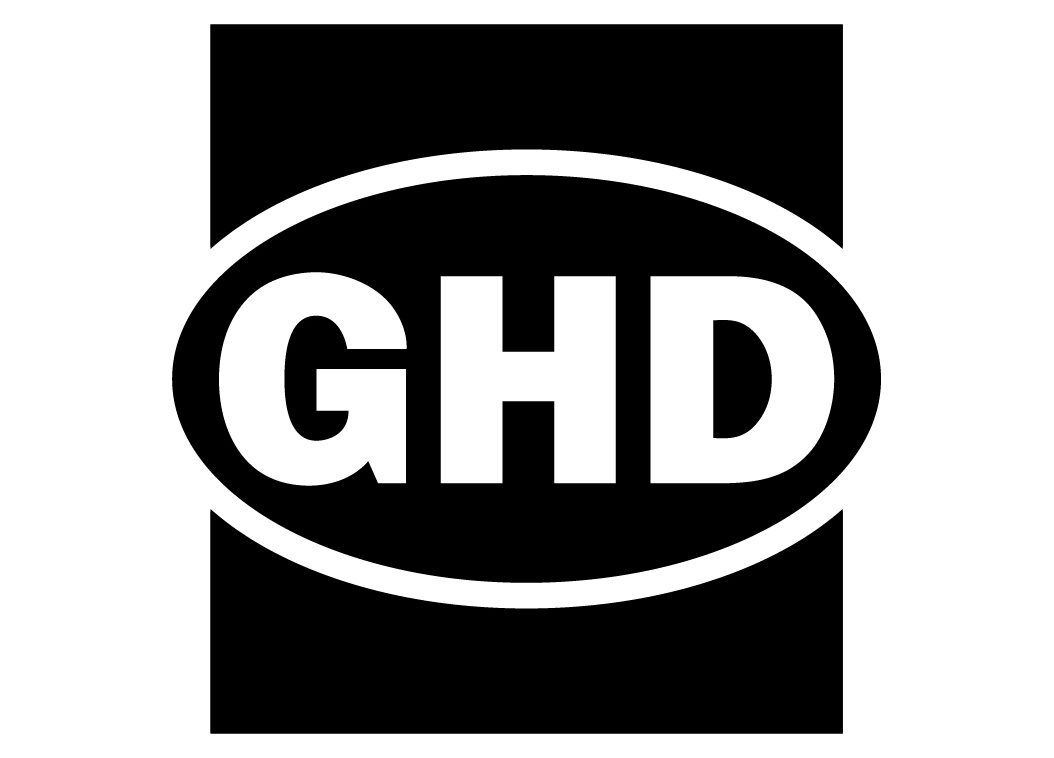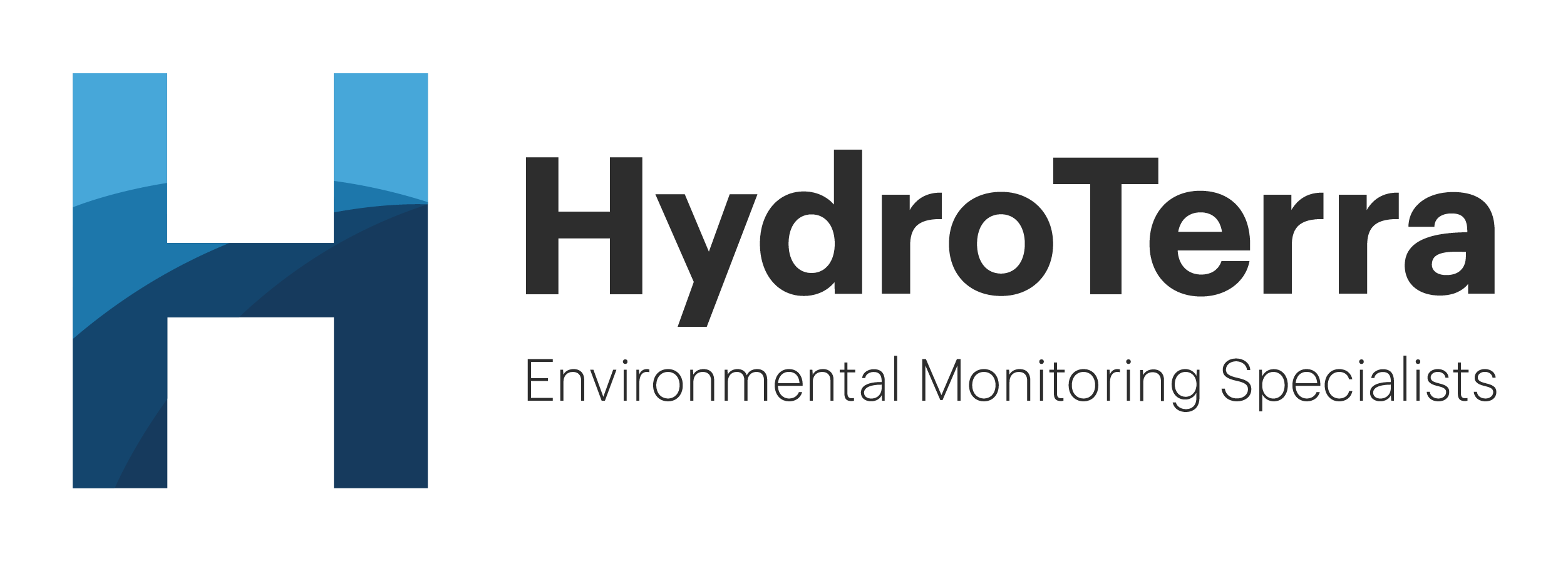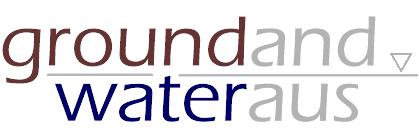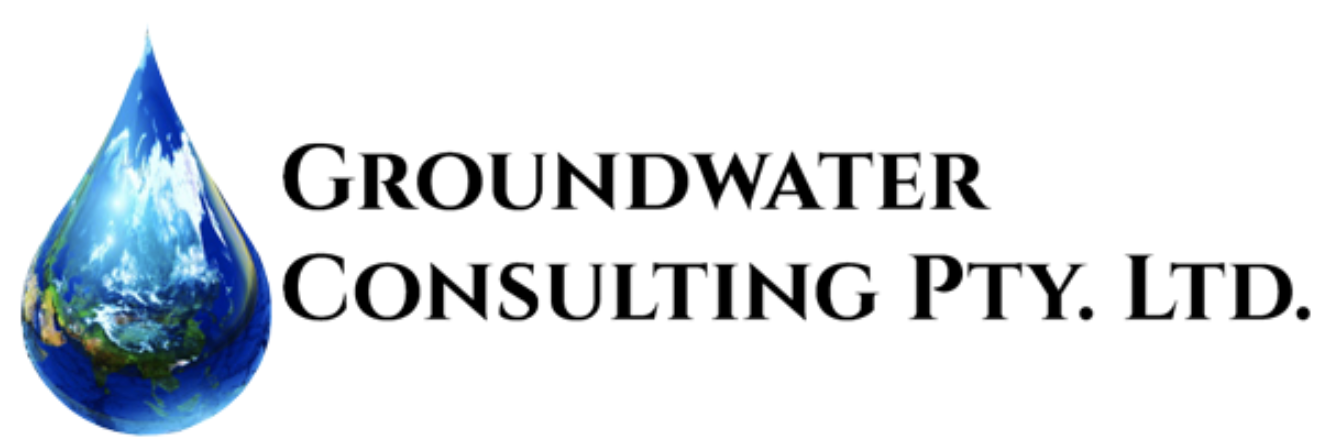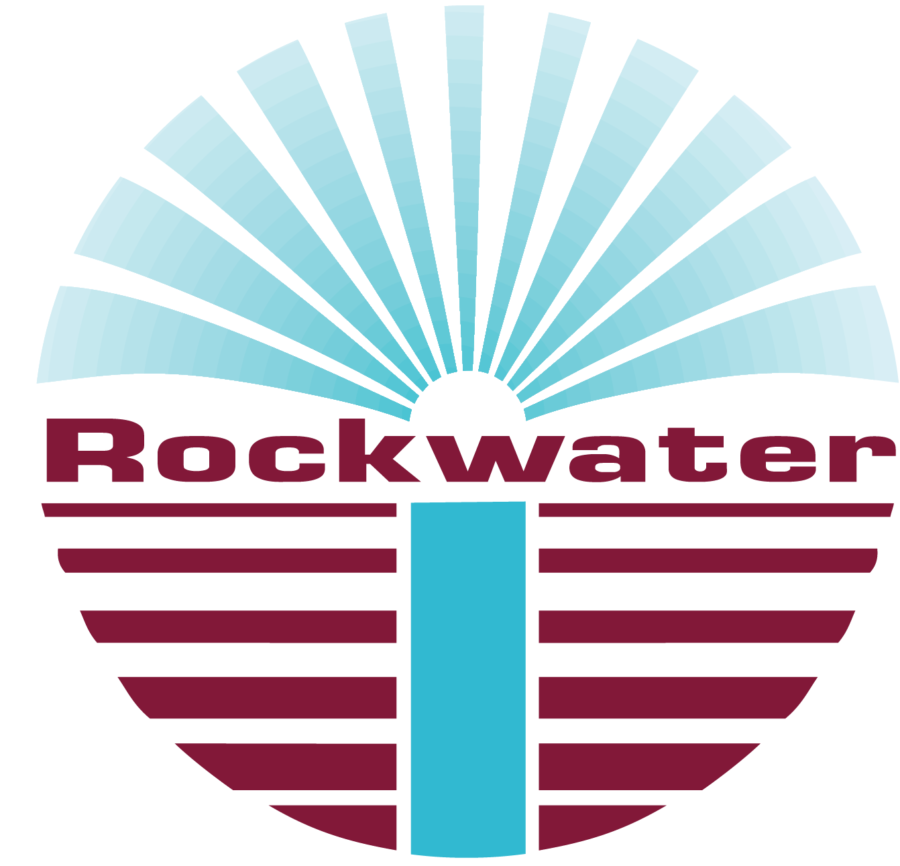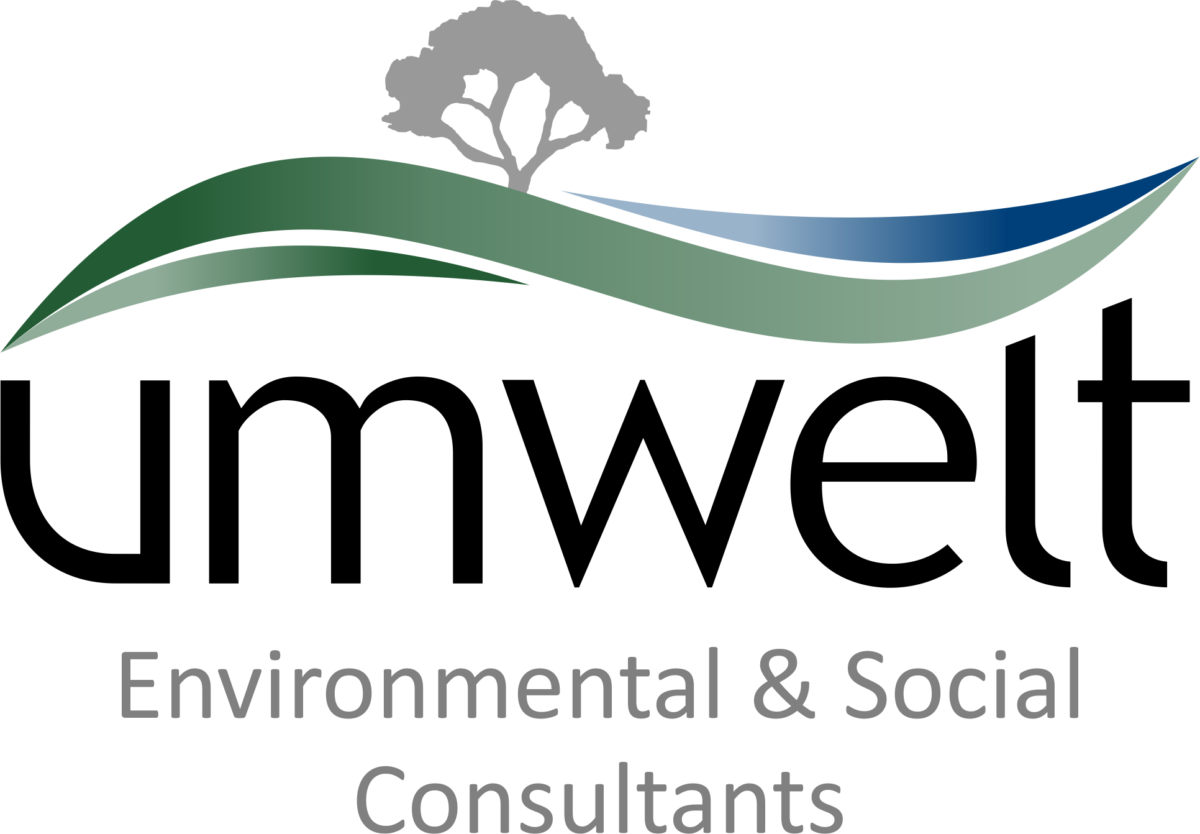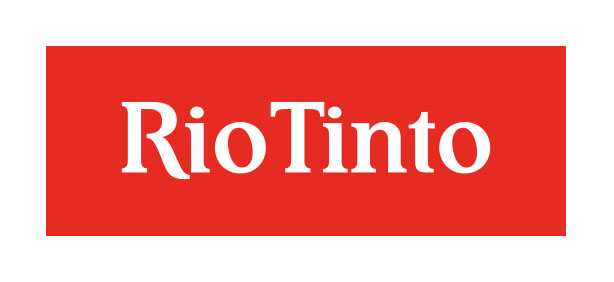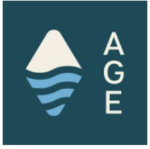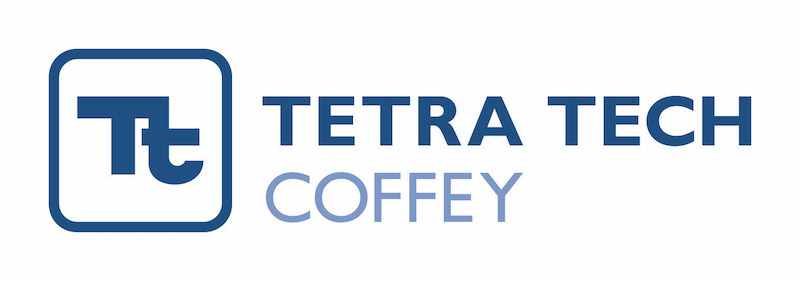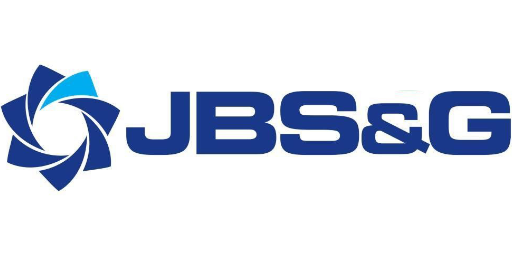Results from a program of stock and domestic bore metering in the Surat Basin, Queensland
Presented by: Dr Louisa Rochford, Centre for Water in the Minerals Industry, Sustainable Minerals Institute, The University of Queensland, Brisbane
Produced by: IAH NSW
Date: Tuesday 09 July 2024
Time: 17:30 for an 18:00 start
Where: AECOM Office – 420 George Street, Sydney, Level 21
Online: Teams link
Abstract
Management of groundwater resources to prevent depletion and manage impacts requires a comprehensive understanding of the groundwater system and its water balance, including groundwater extracted for consumptive use. Compulsory metering of groundwater extraction imposes time and economic burdens, and in Australia most smaller bores are not metered and extraction is typically estimated. As part of a research program to improve understanding of regional groundwater extraction in the Surat Cumulative Management Area in Queensland, The University of Queensland conducted a voluntary metering program which involved metering of private stock and domestic bores on beef cattle properties. Over the course of the program, 54 bores across 40 properties were metered and up to six years of high-frequency groundwater extraction data are now available. Interviews with landholders were also conducted over four years to gather data on cattle numbers and water use practices.
Louisa’s presentation will discuss the many challenges that were encountered during implementation of the program. She will present the key findings of the metering program, including groundwater extraction rates and the results of statistical analyses undertaken to improve understanding of the key factors driving extraction. The presentation will provide the results of recent empirical modelling undertaken to estimate annual property cattle numbers and annual property groundwater extraction and will show how the results compare with analytical and statistical models of extraction.
Metering of groundwater extraction for stock and domestic use is rare and this program is the only one of its kind worldwide. The research has demonstrated that voluntary metering of a sample set of water users can be a cost-effective way to obtain extraction data in areas where metering is not compulsory and that these data can be used to inform the development of estimation methods for unmetered users. The lessons learnt during implementation of the program could be used to guide other voluntary metering programs in unmetered systems across a range of hydrological environments and agricultural settings worldwide.
https://espace.library.uq.edu.au/view/UQ:027afcb
Bio
Louisa is a hydrogeologist with twenty years of experience. She has had a diverse career working in research, consulting, and government. Louisa’s main areas of expertise include hydrogeological investigations, impact assessment, and groundwater resource management. She has worked across a range of sectors including mining, energy, transport, and agriculture and her experience includes leading complex groundwater and surface water investigations for project approvals, operations, and compliance, and developing water resources legislation and policy.
Louisa is currently working as a Senior Research Fellow at the Centre for Water in the Minerals Industry (CWiMI) at The University of Queensland. The role involves leading the hydrogeological research, training, and consultancy services that CWiMI provides to the minerals industry in Australia and globally and working with a team of water management specialists to contribute to a range of inter-disciplinary projects. Louisa is currently leading research projects for the Australian Coal Industry’s Research Program (ACARP) and for mining companies around the world. She recently worked with The Australian National University developing draft Guidelines for Groundwater Monitoring in Australia.






